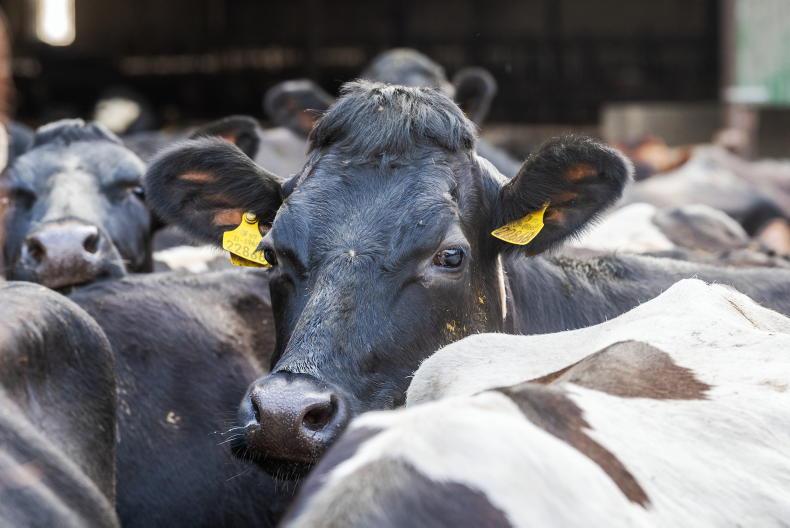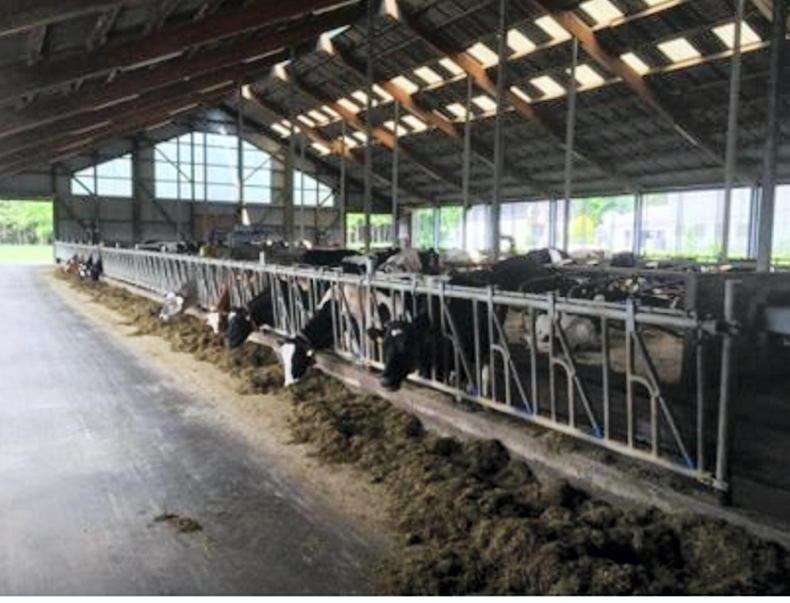This year the land rental market has been rocked, some might say hugely distorted, by changes in the dairy sector.
The basics are fairly clear – high yielding cows are now assessed as producing more organic nitrogen than their lower yielding sisters.
With an absolute limit on the amount of organic nitrogen that can be produced per hectare of land, dairy farmers who wish to maintain output and cow numbers have no option but to acquire an amount of extra land that can bring their output of organic nitrogen back to what is allowed under the new system.
The need for a marginal amount of extra land for dairy farmers that have incurred the cost of facilities means that their breakeven point usually allows them to pay a higher price for the extra acres they need than other likely renters.
But there may be other options worth looking at that could justify a different approach without such distorting effects, while still reducing the amount of organic nitrogen that is spread on the dairy farm.
Impossible
It would be impossible to disagree with Simon Coveney’s recent speech outlining the national importance of milk production at farm and processing level. In any rational policy, the aim should be to maximise milk output while minimising environmental problems.
In the case of the new “banding“ regulations, a sensible way out would be to recognise the reality of excess nitrogen being produced on some farms, while providing the option of moving some or all of the excess nitrogen-containing slurry off the farm to where it is needed.
These could be either lowly stocked grass farms or in some parts of the country, tillage farms, where organic fertiliser is precisely what is needed.
Of course there would have to be some degree of verifiable record-keeping on the side of both consignor and consignee, but the gains for both sectors would be real: no need to rent extra land, organic manure going to where it is needed, no distortion in the land rental market and national milk output being sensibly facilitated.
The details around who pays for what could be easily worked out, but the principle should be accepted.









SHARING OPTIONS